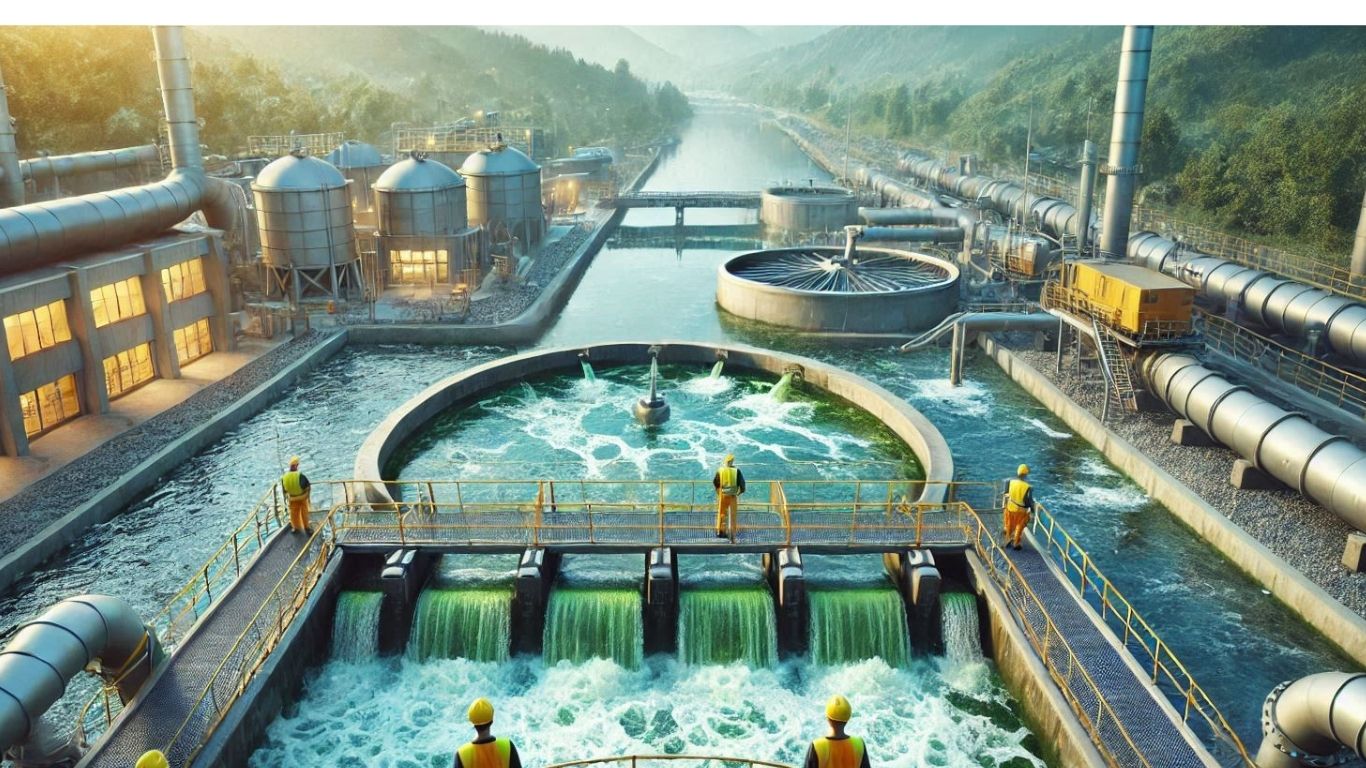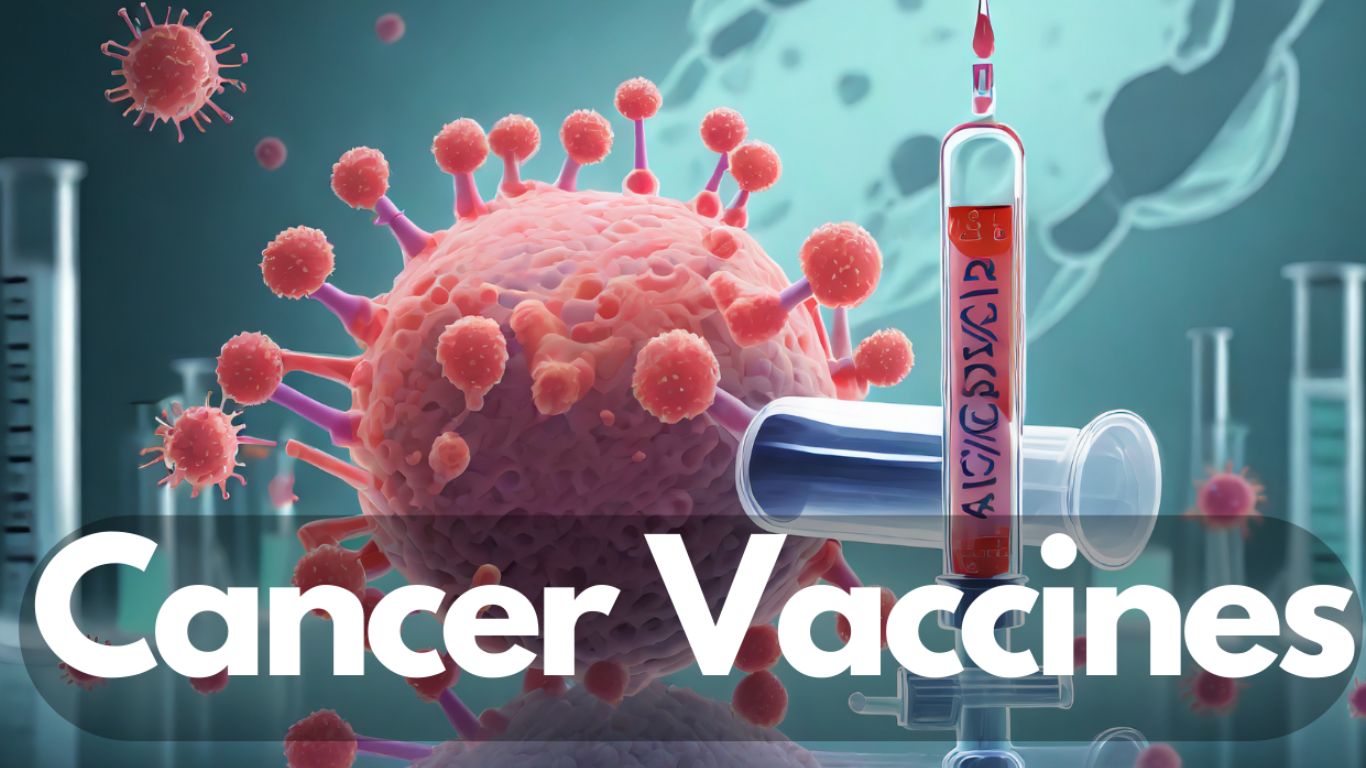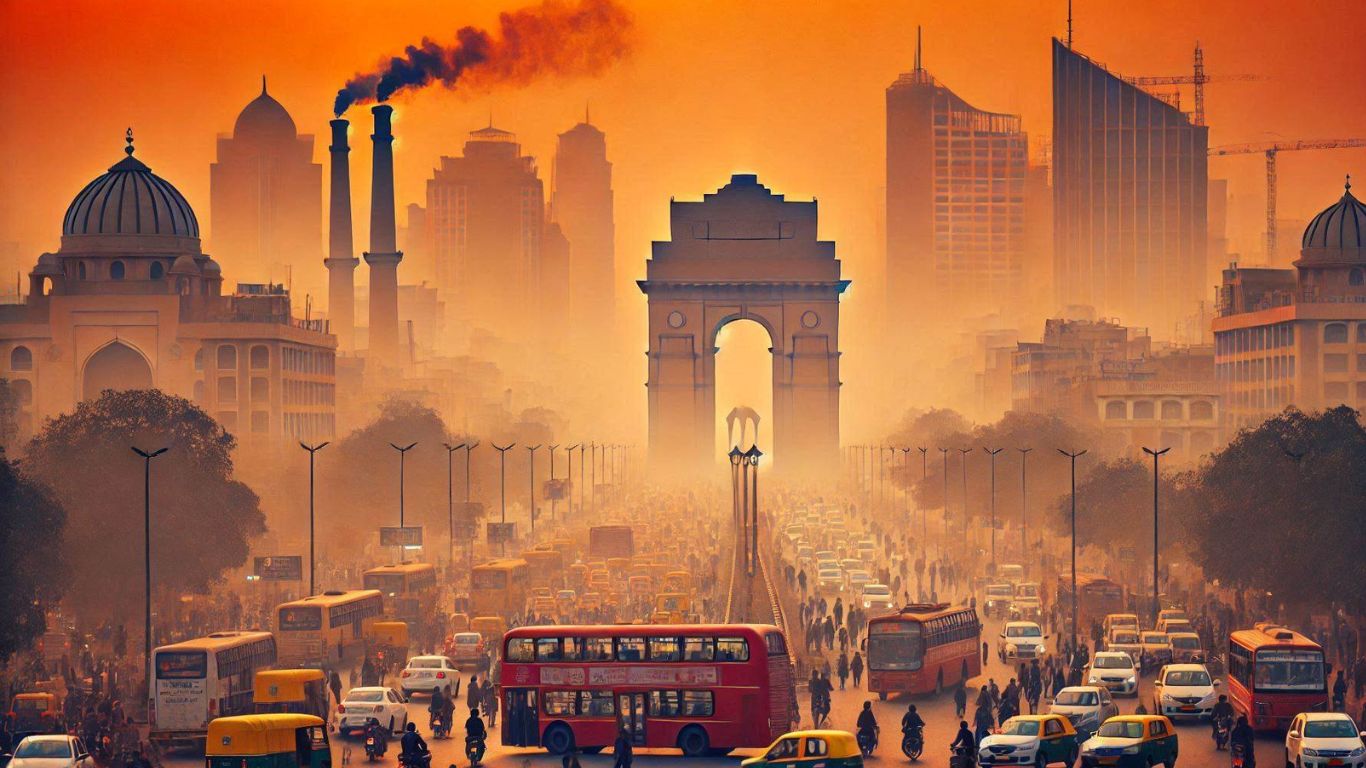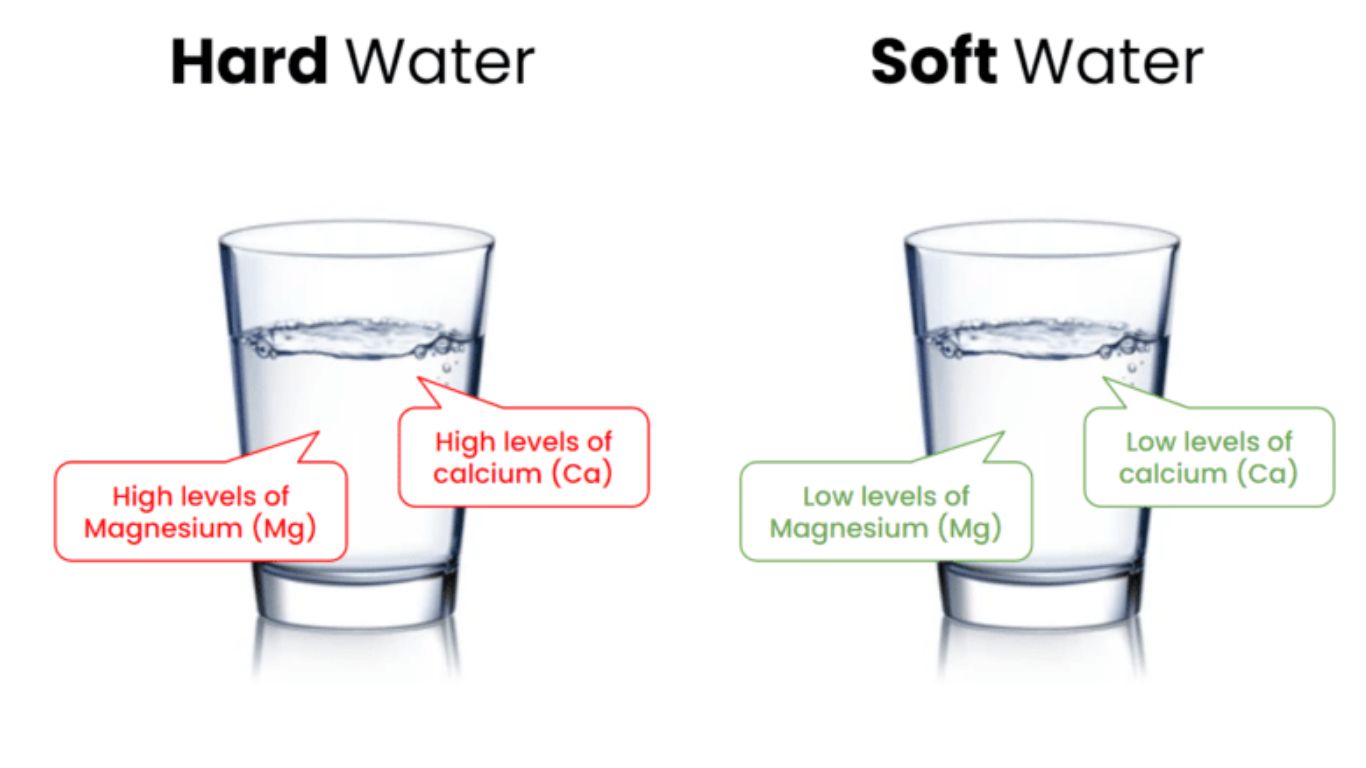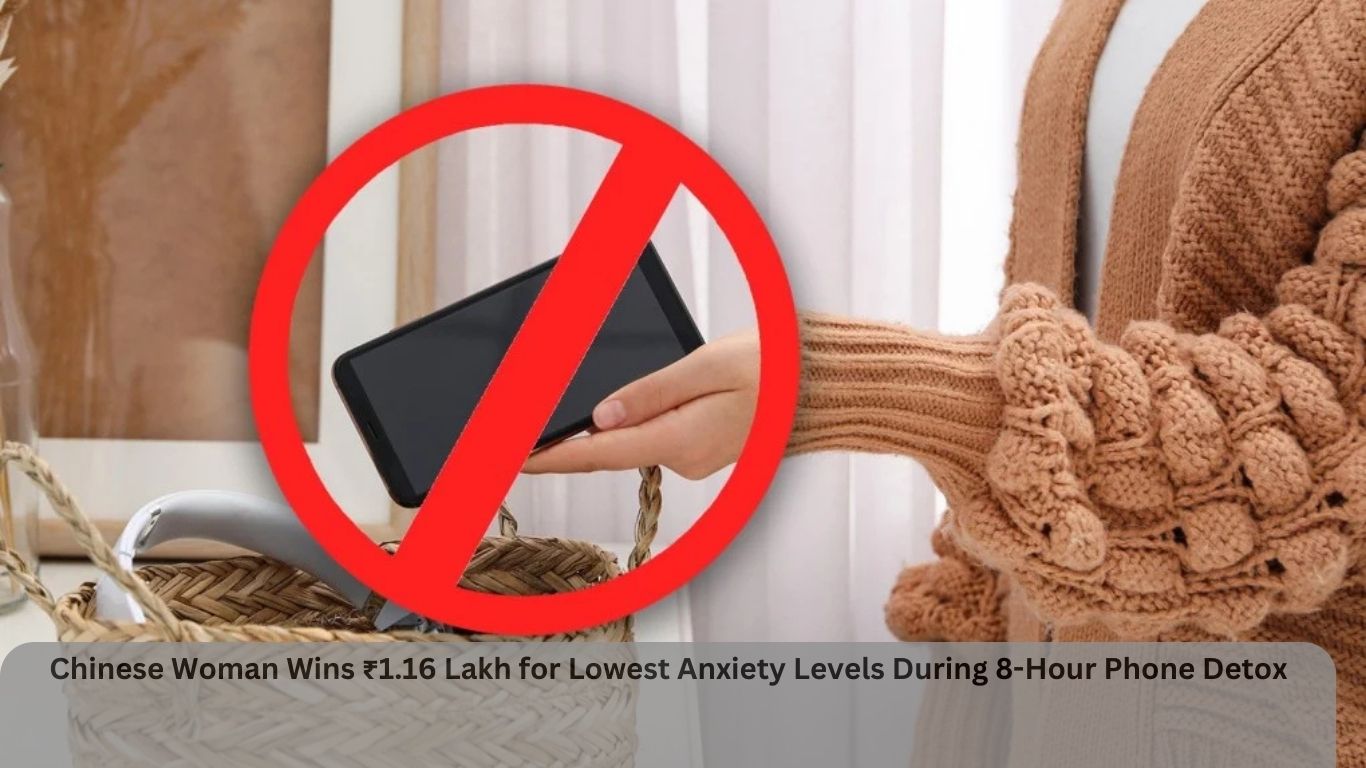A devastating incident in Pallavaram Chennai, India, has claimed the lives of three individuals and left 30 others hospitalized after they consumed drinking water contaminated with sewage water. This tragedy has sparked widespread alarm and highlighted the urgent need for better water quality monitoring and improved sanitation infrastructure in the city.
The Incident: A Tragedy in Pallavaram
According to reports by Daily Thanthi, the incident occurred in Pallavaram, a suburb of Chennai. Residents unknowingly consumed contaminated water, leading to severe health complications such as vomiting and diarrhea.
- Casualties: Three individuals lost their lives.
- Hospitalizations: Thirty residents were admitted to the Chromepet Government Hospital for emergency medical treatment.
Local health authorities have since taken samples from the area to determine the exact cause of contamination.
Public Health Concerns
This tragic incident underscores serious vulnerabilities in Chennai’s water supply system and the potential risks posed by inadequate sanitation practices.
1. Waterborne Diseases
Contaminated water is a breeding ground for diseases such as:
- Cholera
- Typhoid
- Hepatitis A and E
- Diarrheal diseases
The outbreak serves as a reminder of the health hazards posed by untreated or improperly managed water sources.
2. Poor Water Quality Monitoring
The incident exposes gaps in Chennai’s water quality monitoring processes. Routine checks and timely interventions could potentially have prevented this tragedy.
Calls for Immediate Action
1. Investigating the Source
Local residents and health authorities are demanding a thorough investigation to pinpoint the source of contamination. This includes:
- Testing water pipelines for leaks or breaches.
- Evaluating sewage management systems.
2. Ensuring Water Safety
Authorities are being urged to take preventive measures to avoid future incidents, such as:
- Conducting regular water quality tests.
- Upgrading and maintaining sanitation infrastructure.
- Educating the public on safe water practices.
3. Healthcare Support for the Affected
Residents have also called for better healthcare facilities and prompt support for those impacted by the outbreak.
Government and Public Response
The Chennai Corporation and Tamil Nadu state authorities have acknowledged the incident and pledged swift action. Emergency response teams have been deployed to provide medical care, and water supply lines in the affected areas are being inspected.
Residents, however, remain skeptical, emphasizing the need for long-term solutions over temporary fixes.
Preventing Future Water Contamination
1. Upgrading Infrastructure
- Repair and replace old, leaking pipelines.
- Improve sewage disposal systems to prevent cross-contamination.
2. Monitoring and Testing
- Implement robust water quality monitoring systems.
- Perform frequent checks for contamination in high-risk areas.
3. Public Awareness
- Educate communities about the dangers of water contamination.
- Promote the use of water filters and safe drinking practices.
The Chennai water contamination incident is a wake-up call for authorities to prioritize water quality and public health. The tragic loss of three lives and the hospitalization of many others underscore the urgent need for robust measures to ensure safe and clean drinking water for all.
By addressing the root causes of such incidents and improving water and sanitation infrastructure, Chennai can prevent similar tragedies and safeguard its citizens’ health











